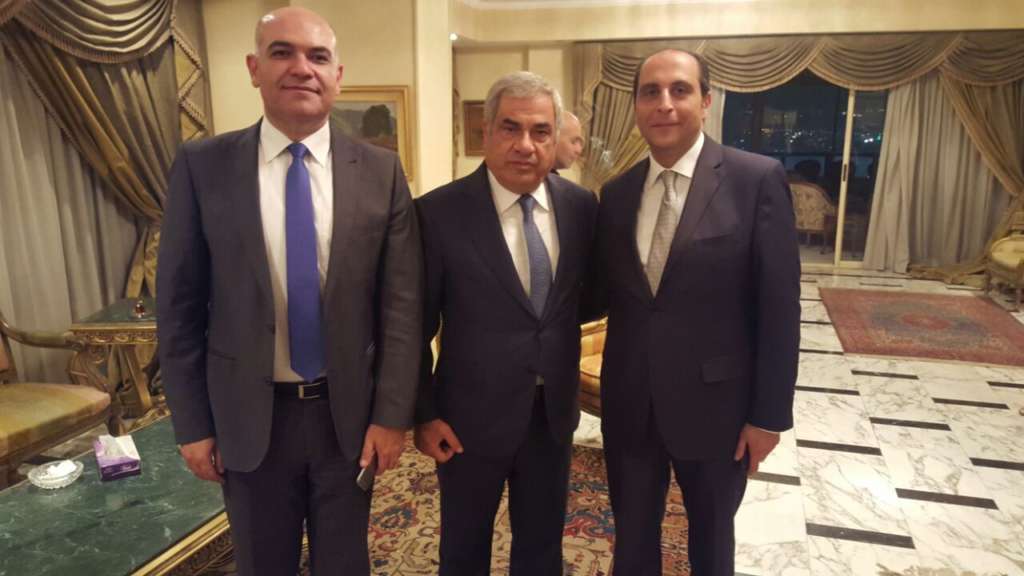Beirut-Lebanon’s Youth and Sports Minister Abdel Mottaleb Hennawi said Lebanon was still caught up in the eye of the storm and expressed concern over more terrorist operations taking place in the country.
In an interview with Asharq Al-Awsat newspaper, Hennawi said the election of a new president in Lebanon is linked to developments in Syria.
The Youth and Sports Minister said that holding presidential elections in Lebanon is not linked to the parliamentary or municipal polls, but rather “linked to the Syrian crisis.”
Asked whether the Lebanese parties were capable of agreeing on a new parliamentary electoral law, Hennawi said: “It is difficult to see leaders agreeing on a just electoral law based on a proportional system, because such a law would cause their death, while the current law will reproduce the same representation in the next parliament, which is nothing but an extension of the term of the legislature through elections.”
He said leaders already fear to lose their seats in Parliament because the results of the municipal elections, which took place in Lebanon last May, revealed that the Lebanese voters’ moods and affiliations had changed tremendously.
Concerning threats about new terrorist attacks in Lebanon, Hennawi said: “Lebanon remains in the heart of the storm due to the Syrian blaze which drove more than a million and a half Syrian refugees to the country.”
Therefore, he said, there is a continuous threat of a terrorist attack because dormant cells are ready to hit whenever the opportunity arises.
Hennawi said the Lebanese Army and the Security Forces are working hard to stop these terrorist networks from operating. However “we should stay on high alert to obstruct terrorists from breaching the Lebanese security.”
Asked whether the issue of the U.S. financial laws targeting the so-called Hezbollah party had been settled by the government, Hennawi said: “Central Bank Governor Riad Salameh dealt with the matter in a clever way to place things back on track without causing any threats to the banking sector.”
Concerning the Lebanese-Saudi relationship especially following the dinner hosted by Saudi Ambassador Ali Awadh Asiri and which gathered Lebanese party leaders and politicians, Hennawi described ties between the two countries as “brotherly and historic,” saying a “passing cloud would not affect them.”
He said Lebanon does not forget the Saudi assistance to Lebanon during its worst conditions.
Hennawi hoped that meetings similar to the one hosted by the Saudi Ambassador would help produce a Lebanese national agreement that would end the political crisis.
He hoped the ongoing talks between Beirut and Paris to elect a new president would also lead to positive outcome, away from personal interests.
Commenting on the Syrian crisis, Hennawi, who is a retired general, said: “I believe that the spread of the conflict in Syria is very complicated and long. I fear that Syria could turn into a new Somalia, a situation which would lead to its complete loss.”
He said that Lebanon is not safe from the repercussions of the Syrian crisis at the security, political, social and economic levels.
Hennawi denied rumors about the nationalization of Syrian refugees in Lebanon, adding: “We know Syrians and we know how much they are attached to their country.”
